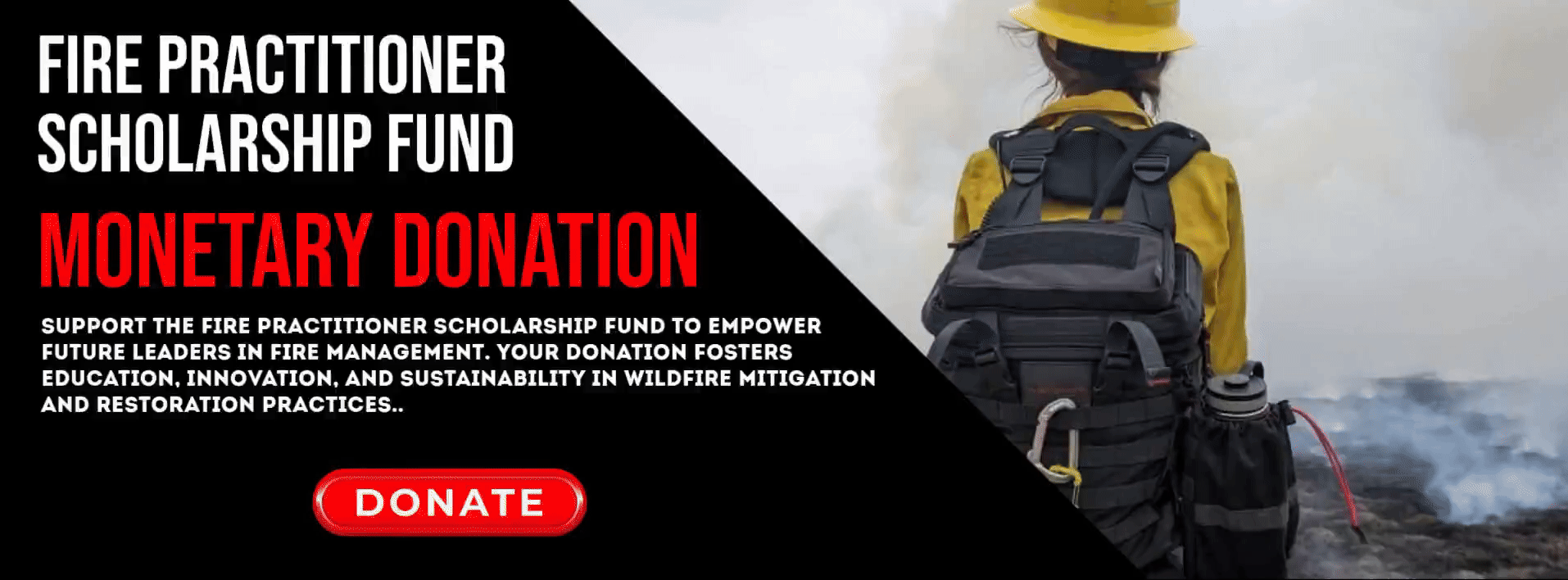"Ensuring everyone can participate safely in good-fire work."
FIRE PRACTITIONER PERSONAL PROTECTIVE EQUIPMENT LOANER PROGRAM
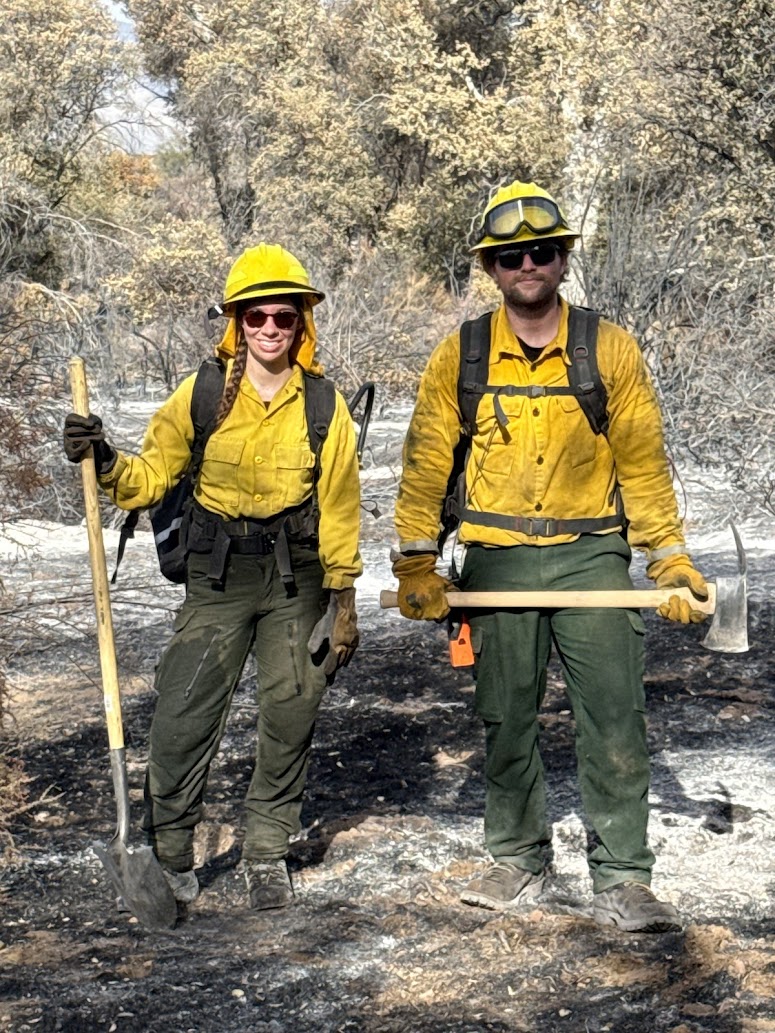
PPE Loaner Program for Prescribed Fire Practitioners
Overview
Not everyone has a full set of wildland PPE sitting in their closet—and that shouldn’t stop you from learning, practicing, or helping your community burn safely.
The Healthy Forest Alliance PPE Loaner Program makes essential safety gear available to practitioners, volunteers, and students participating in HFA-sponsored trainings and prescribed fire projects. Our goal is simple: remove barriers, expand access, and keep people safe.
This program was made possible through generous support from the California Fire Foundation and Pacific Gas and Electric (PG&E), whose grant funding helps equip and protect the next generation of good-fire practitioners.
)
Who Can Borrow PPE?
The program is available to:
Paid Practitioner Members
Associate Members participating in HFA events
Participants in HFA-sponsored NWCG courses (S-112, S-130/190, S-212, etc.)
Approved volunteers assisting on good-fire projects
If you’re joining us for a burn or a training and need gear—this is for you.
What’s Available?
What’s Available?
Our loaner cache includes a rotating inventory of:
Wildland helmets
Eye protection (glasses & goggles)
Leather gloves
Nomex shirts & pants
Fire-resistant bandanas/hoods
Leather wildland boots (limited sizes)
Fire shelters
Hearing protection
Chainsaw chaps (for saw classes & fuels work)
Availability varies by event, but we’ll do our best to get you what you need.
National Wildfire Suppression Association (NWSA)
PPE Loaner Program – Frequently Asked Questions (FAQ)
The program is available to HFA Paid Practitioner Members, Associate Members, participants in HFA-sponsored NWCG courses (S-112, S-130/190, S-212, etc.), and approved volunteers assisting with prescribed fire projects.
National Wildfire Suppression Association (NWSA)
How To request the Initiation of a Position Task Book
Requesting an NWCG Task Book through the Healthy Forest Alliance is a quick and simple process. Follow the steps below to begin.
Step 1: Click on the Position You Would Like to Request a Task Book For.
Select the NWCG position you are requesting a Task Book for (e.g., FFT2, ENGB, FIRB, FALA) by clicking on the appropriate link or button provided. Each position has a dedicated request form.
Step 2: Confirm You Are a Paid Fire Practitioner Member
Only Paid Fire Practitioner Members are eligible to request and receive NWCG Task Books.
If you are an Associate Member, you must upgrade before proceeding.
👉 Use discount code: GOODFIRE to receive 50% off a two-year membership.
Step 3: Complete the Request Form
Provide the following details:
Full Name
Contact Information
Desired NWCG Position
Brief summary of your fire experience and training
List of any completed NWCG courses related to the position
Step 4: Submit Your Request
Submit the completed form for review by the Healthy Forest Alliance Training Officer.
Step 5: Task Book Review and Initiation
If approved, your Task Book will be officially initiated by our Training Officer. You will receive:
A digitally initiated Task Book (or hard copy upon request)
A confirmation email with instructions on how to proceed with documenting assignments and obtaining evaluator signatures
Important: Task Books must be officially initiated by an NWCG-authorized Training Officer. Do not use or distribute any Task Book until it has been formally initiated.
AVAILABLE TASK BOOKS
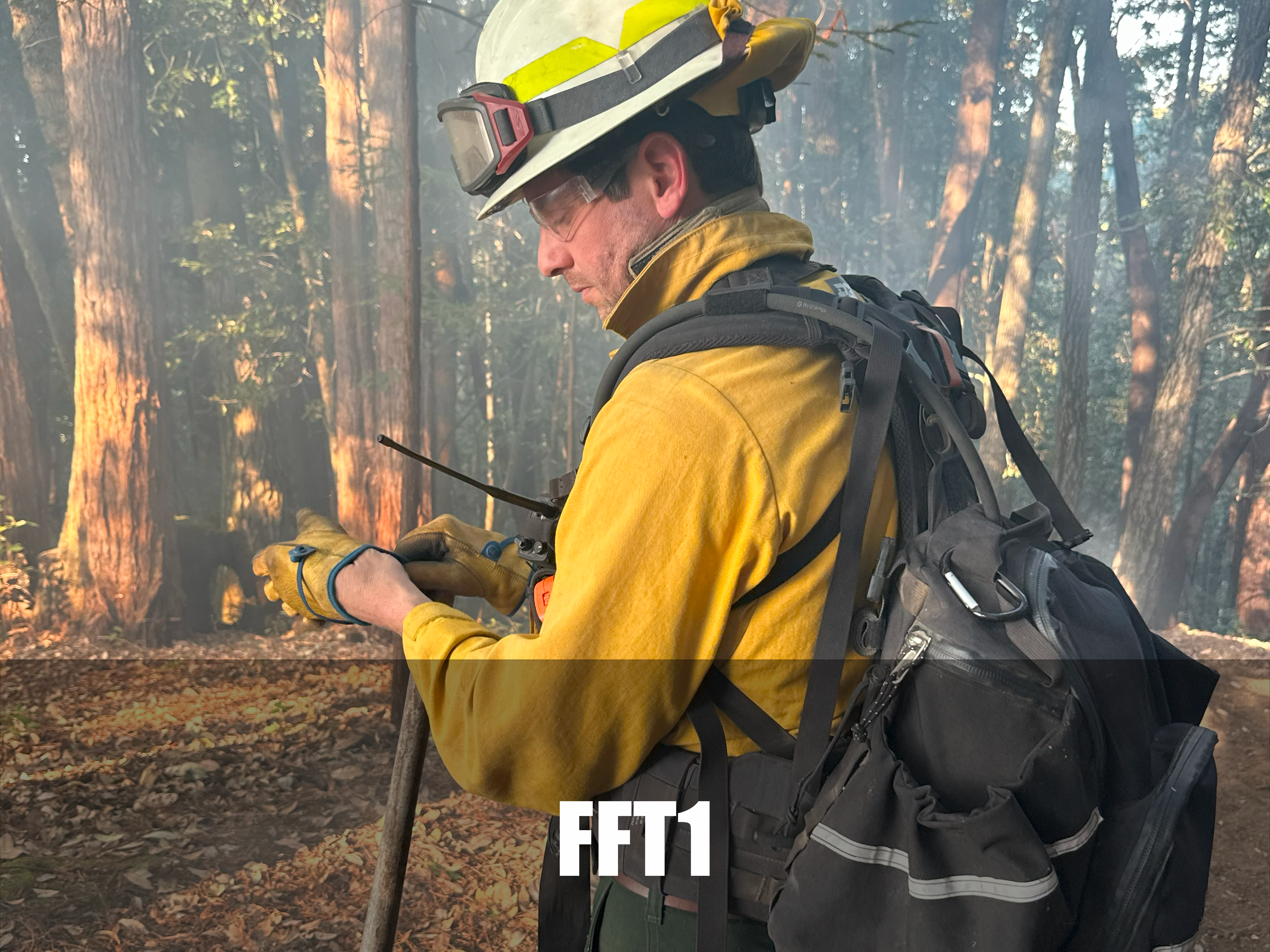
FIREFIGHTER TYPE 1 (FFT1)
The Firefighter Type 1 leads a small group (usually not more than seven members) and is responsible for their safety on wildland and prescribed fire incidents.
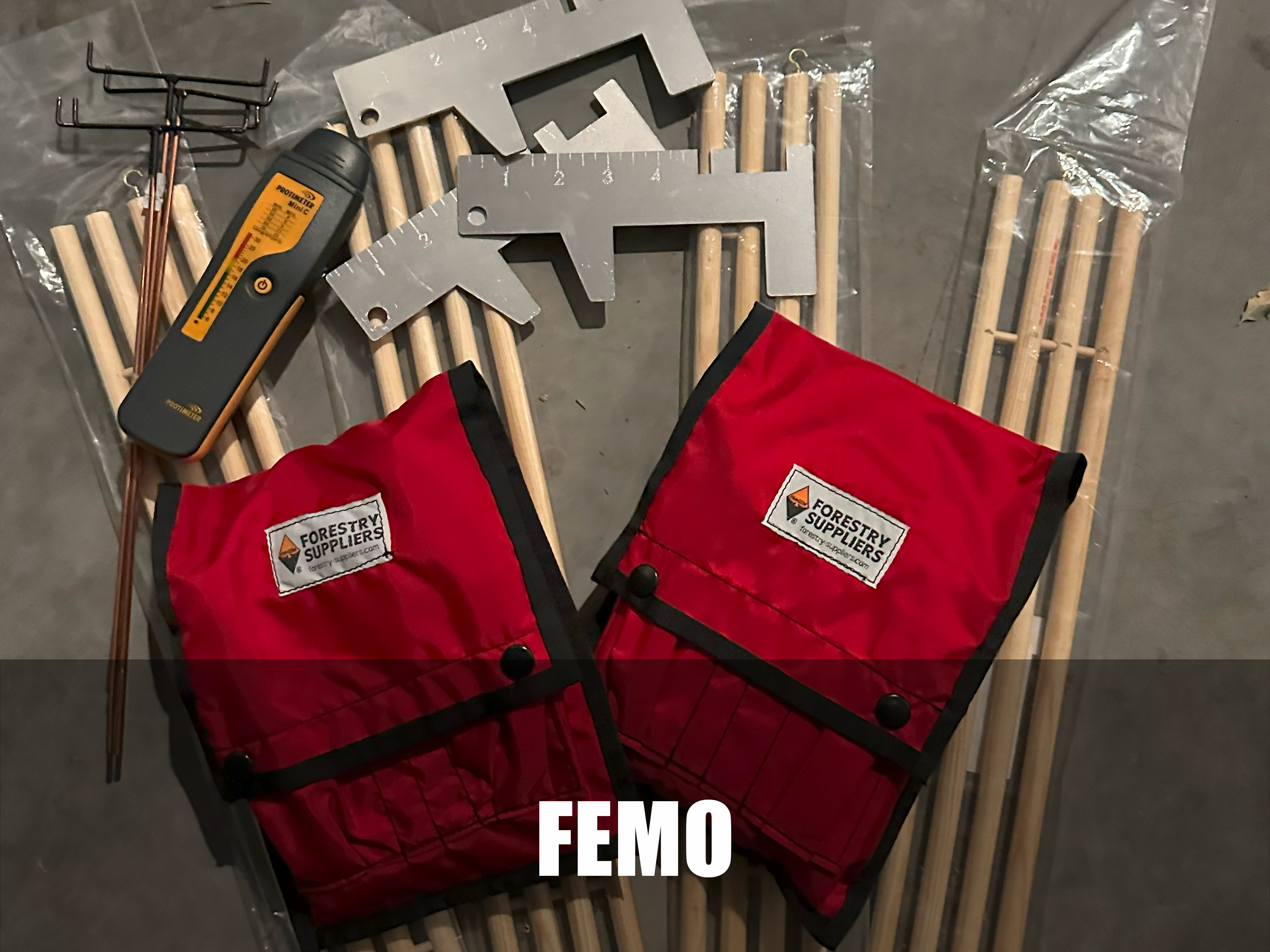
FIRE EFFECTS MONITOR (FEMO)
The Fire Effects Monitor (FEMO) is responsible for collecting incident status information from personal observations at the incident, and providing this information to the fireline supervisor as directed.
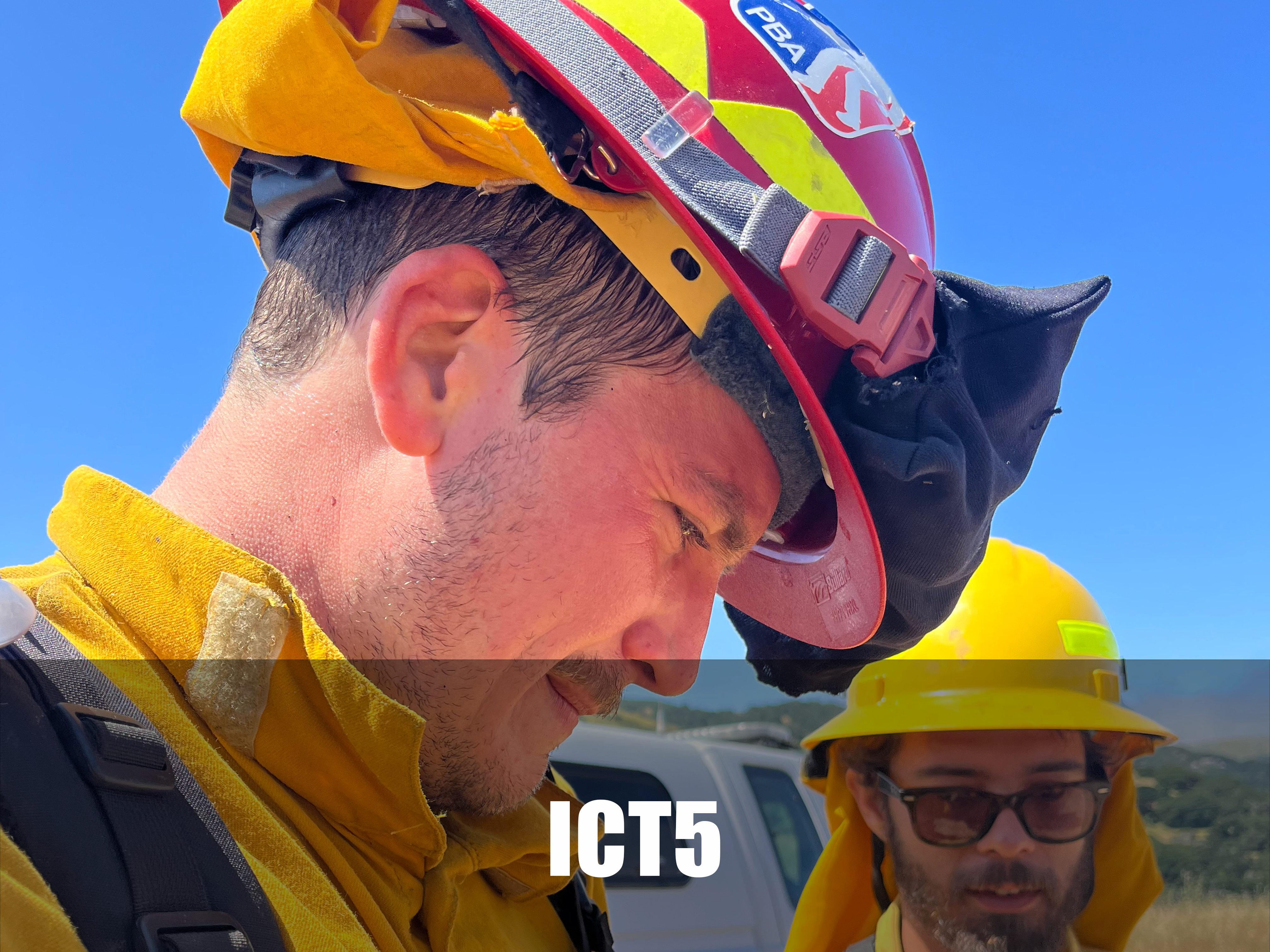
INCIDENT COMMANDER TYPE 5 (ICT5)
The Incident Commander Type 5 (ICT5) develops strategies and oversees the implementation of tactics, while providing for the safety of the public and all personnel assigned to the incident.
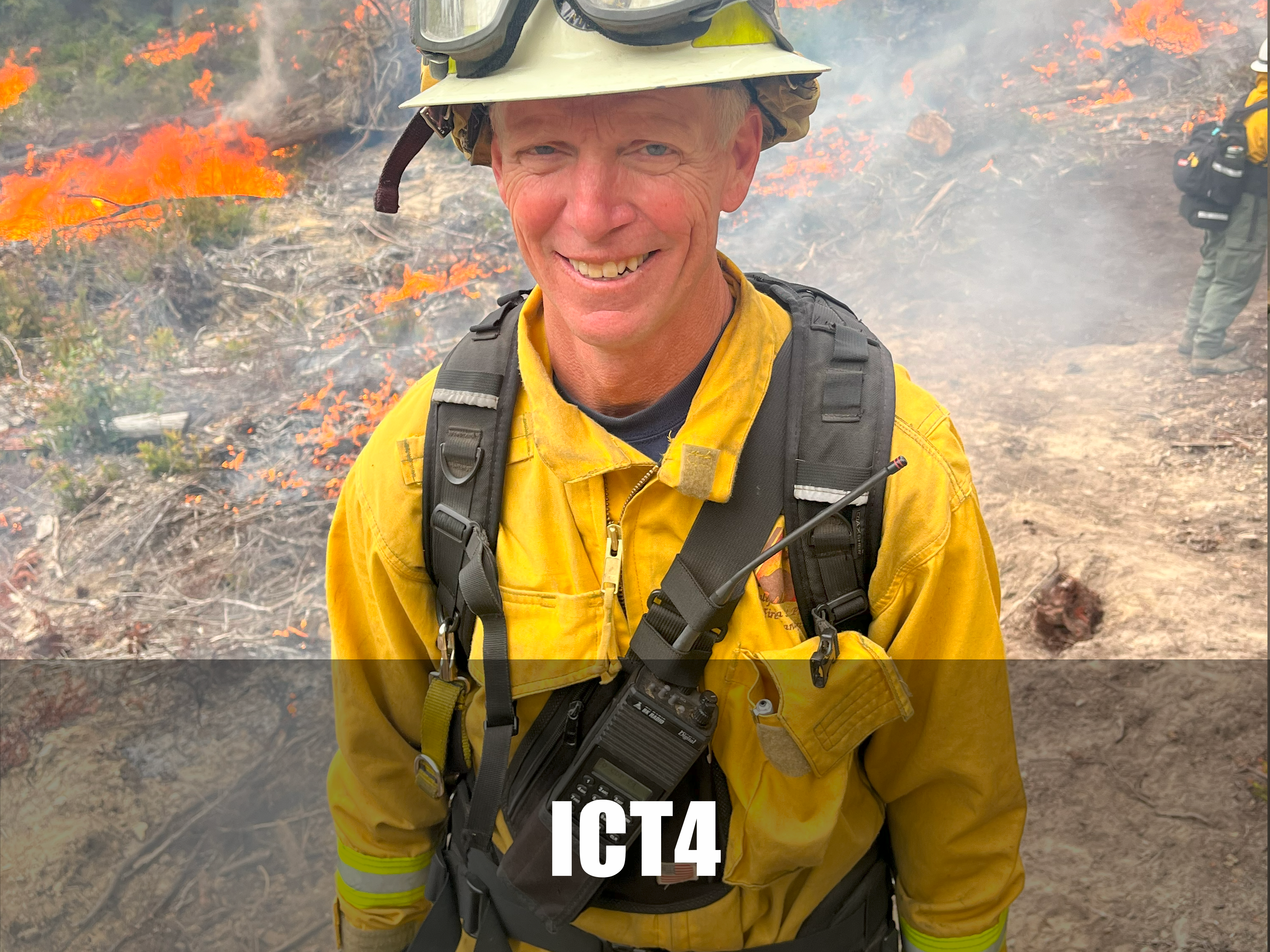
INCIDENT COMMANDER TYPE 4 (ICT4)
The Incident Commander Type 4 (ICT4) develops strategies and oversees the implementation of tactics, while providing for the safety of the public and all personnel assigned to the incident.
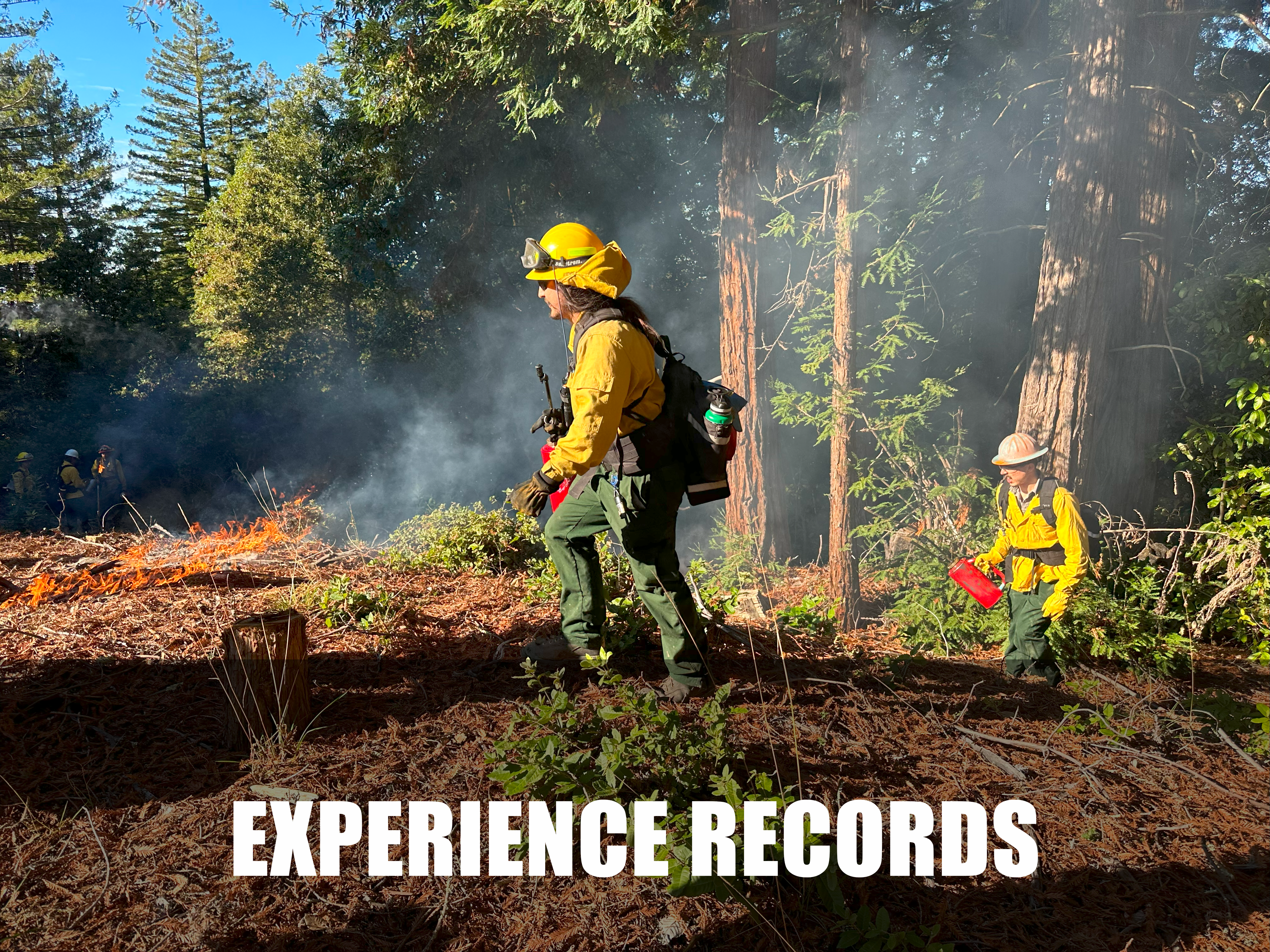
INCIDENT COMMANDER TYPE 3 (ICT3)
The Type 3 Incident Commander (ICT3) manages all aspects of an initial attack or extended attack Type 3 incident. The ICT3 is responsible for developing incident objectives, assigning operational personnel based on complexity and span of control.
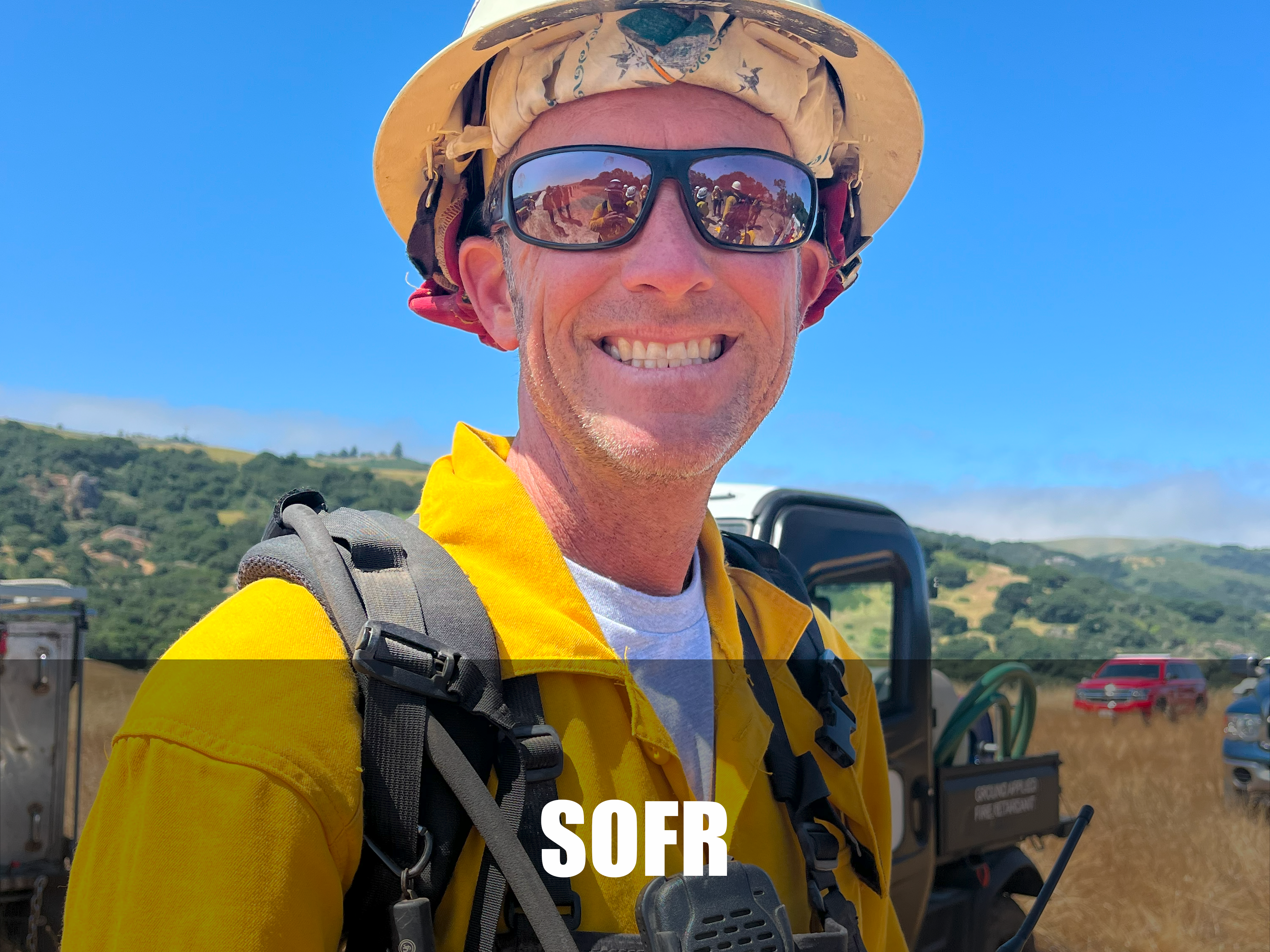
SAFETY OFFICER, LINE (SOFR)
The Safety Officer, Line (SOFR) is responsible for monitoring the overall operation of an incident from a risk management perspective to provide for the welfare of assigned resources. SOFRs can be assigned to incidents of any complexity level.
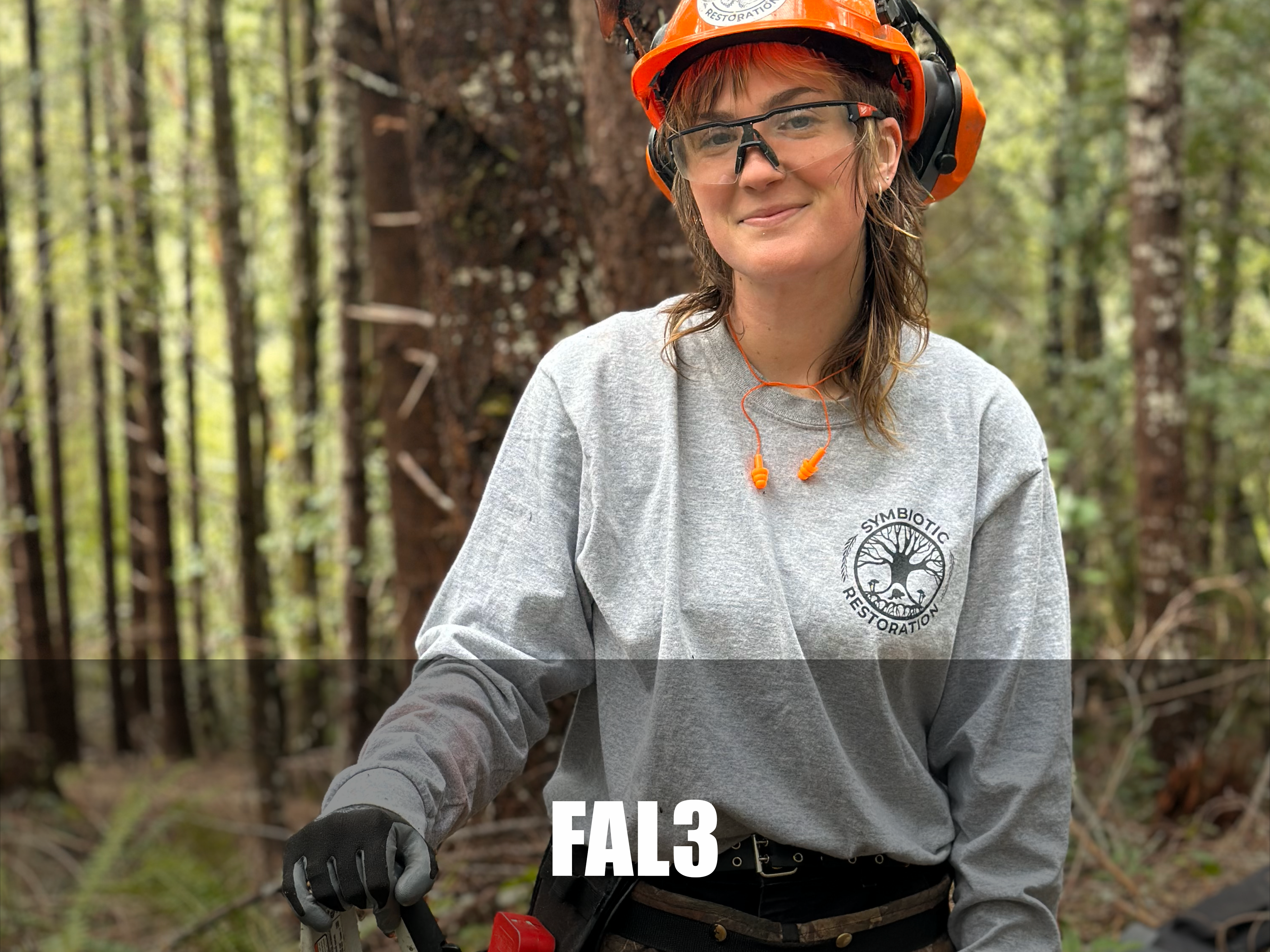
BASIC FALLER (FAL3)
The Basic Faller (FAL3) is an entry-level chainsaw operator that serves as a member of a firefighting crew or module. The FAL3 engages in low complexity fireline saw operations, including tree felling, bucking, brushing, and limbing, and should be closely supervised during operations.
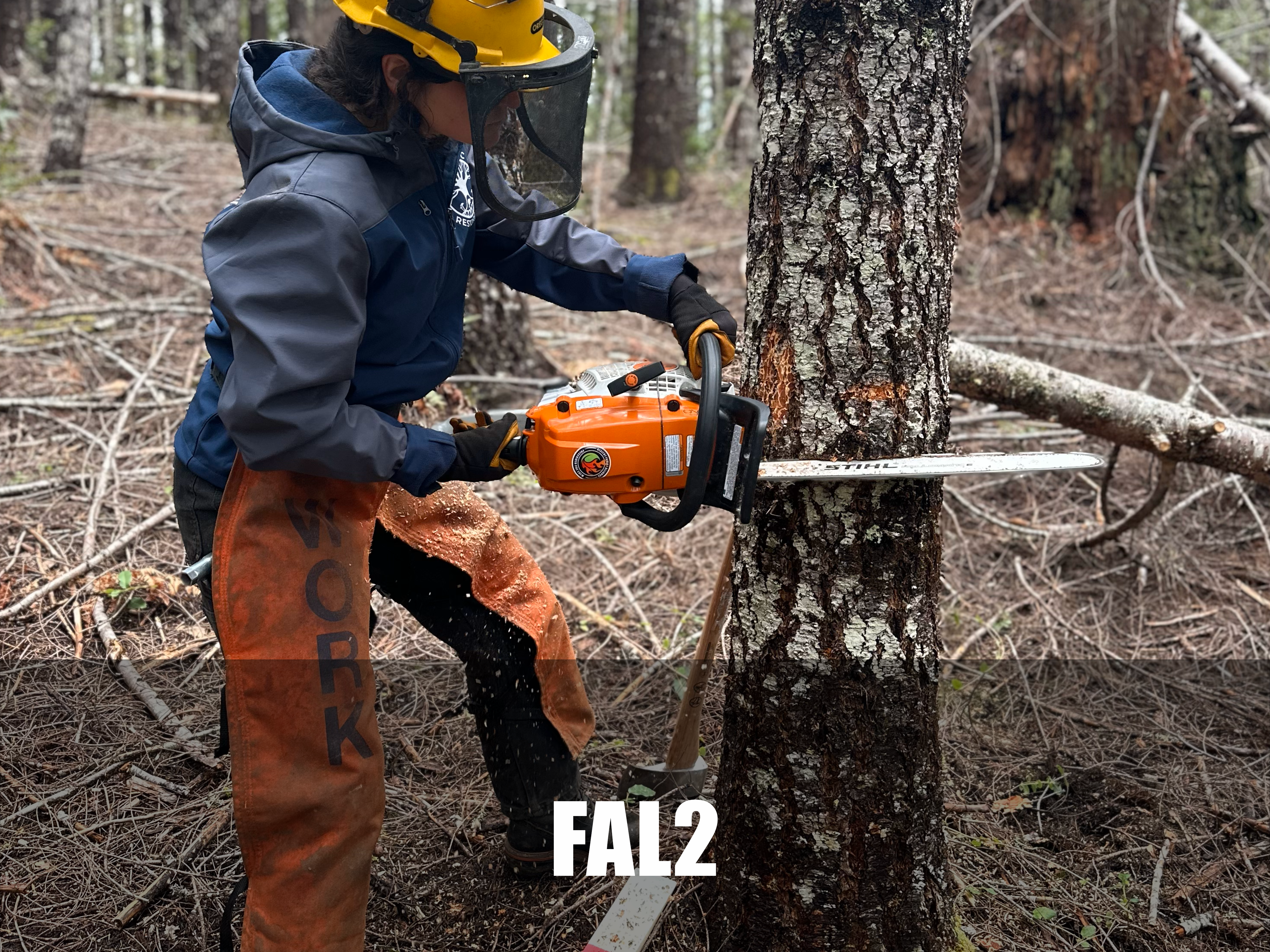
INTERMEDIATE FALLER (FAL2)
The Intermediate Faller (FAL2) has demonstrated the proficiency to work unsupervised while engaging in moderate complexity fireline saw operations, including tree felling, bucking, brushing, and limbing.
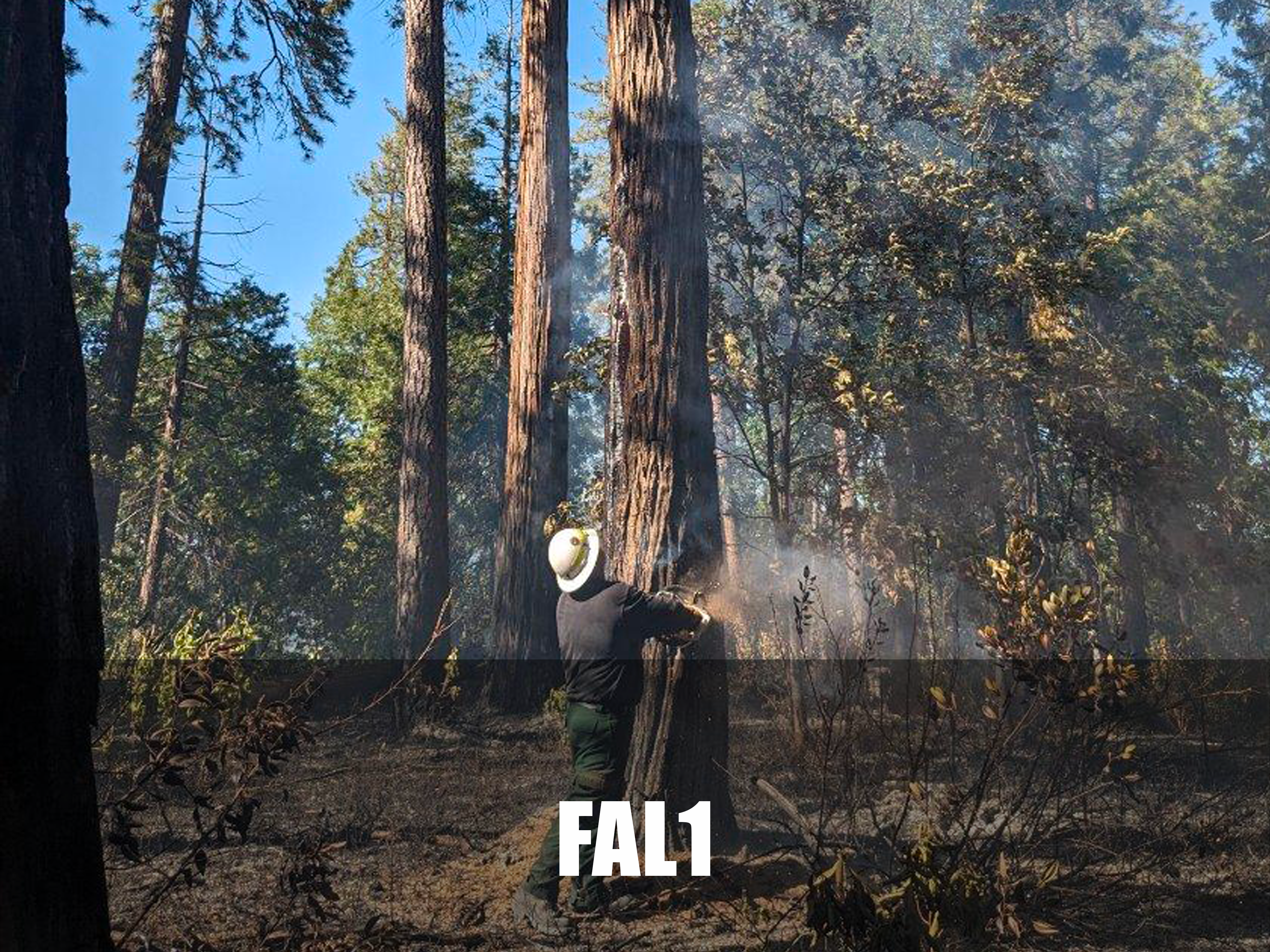
ADVANCED FALLER (FAL1)
The Advanced Faller (FAL1) has multiple years of experience in chainsaw operations and has demonstrated proficiency in performing high complexity saw operations, including tree felling, bucking, brushing, and limbing.
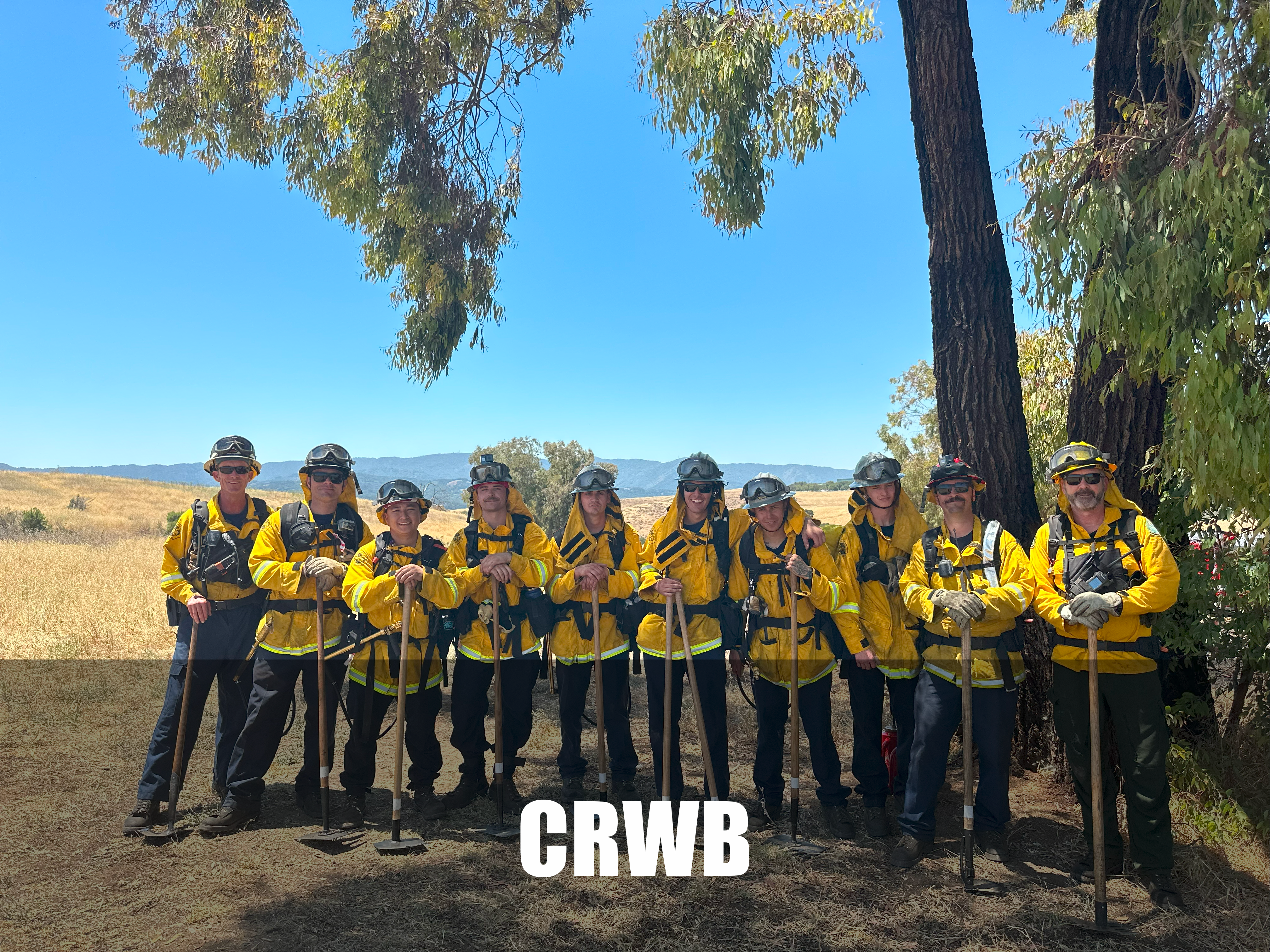
SINGLE RESOURCE BOSS: CREW (CRWB
The Crew Boss (CRWB) leads a hand crew and is responsible for its safety on wildland and prescribed fire incidents. The CRWB supervises assigned crewmembers and reports to an assigned supervisor.
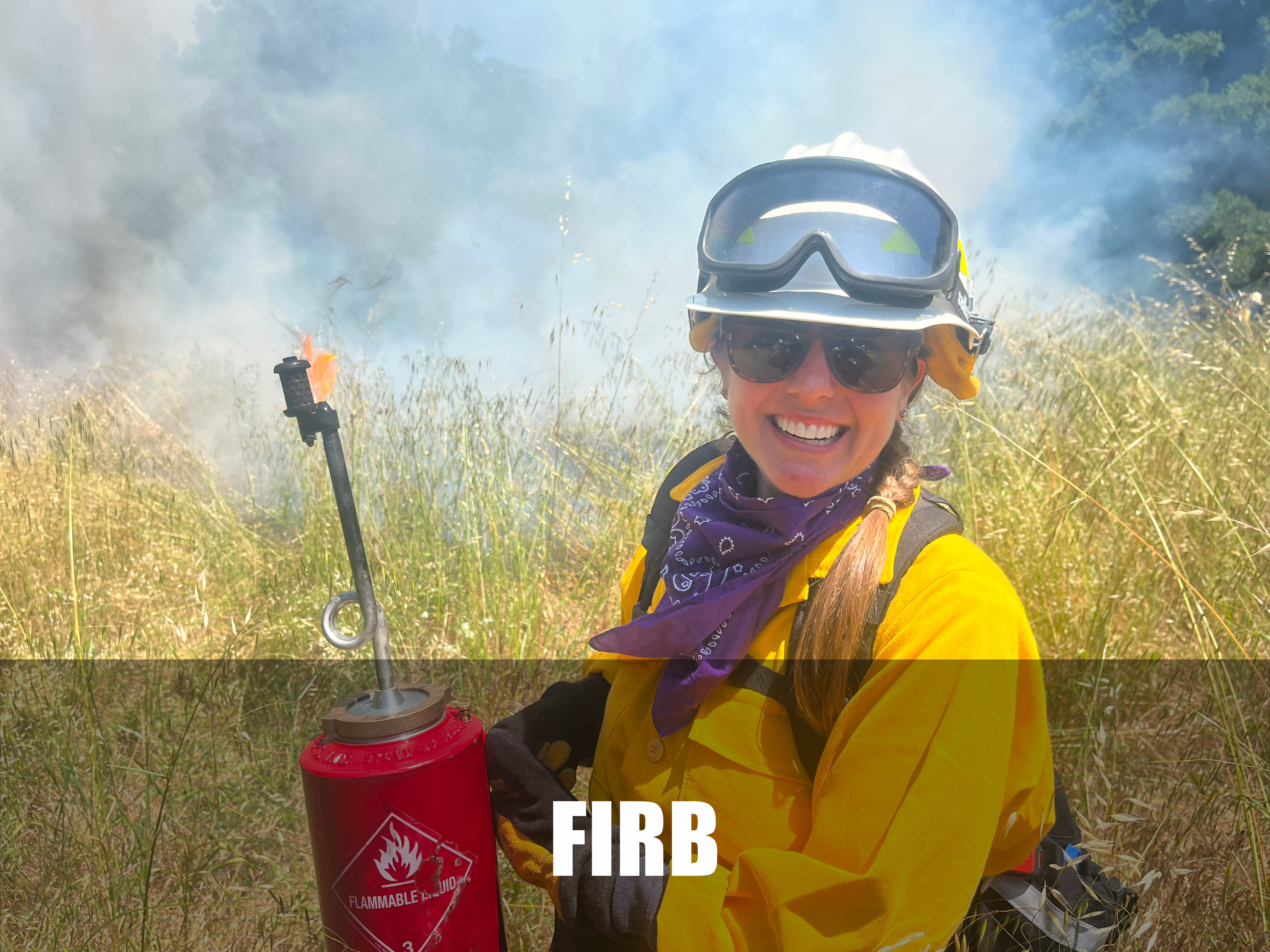
SINGLE RESOURCE BOSS: FIRING (FIRB)
The Firing Boss leads ground and/or aerial ignition operations and coordinates with holding resources on prescribed fire and wildfire incidents. The FIRB supervises assigned firing resources and reports to an assigned supervisor.
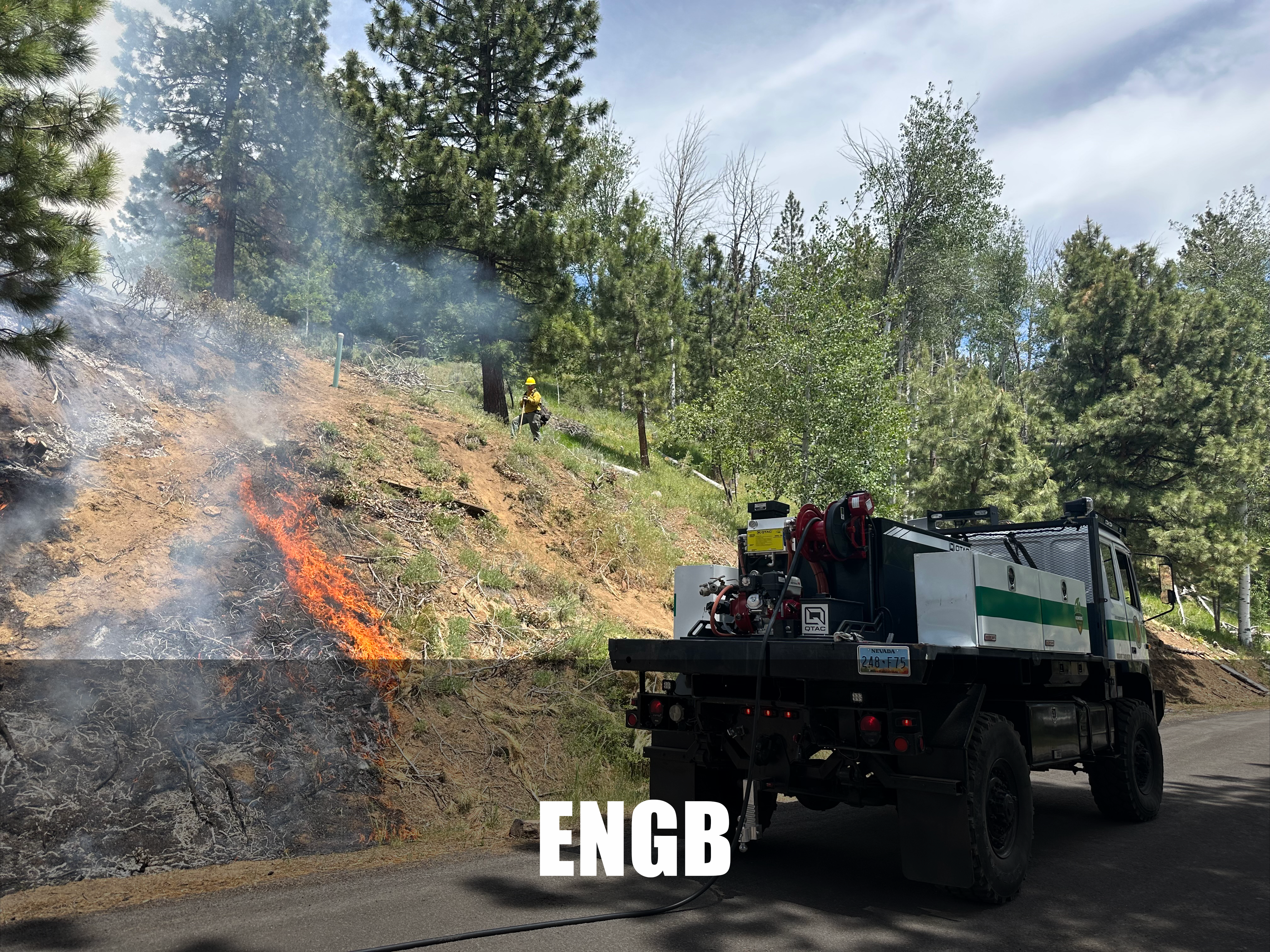
SINGLE RESOURCE BOSS: ENGINE (ENGB)
The Engine Boss leads a single fire engine and attached personnel and is responsible for their safety on wildland and prescribed fire incidents. The ENGB supervises assigned engine and personnel and reports assigned supervisor.
HELP DESK
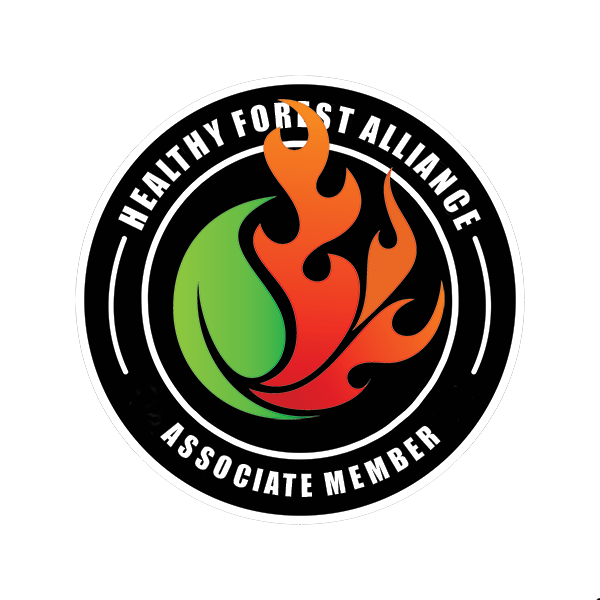
SUPPORT TICKETS
To request help from website administrators, click on "Support Tickets" link below. Provide detailed issue information. Expect timely resolution and communication from our dedicated team.
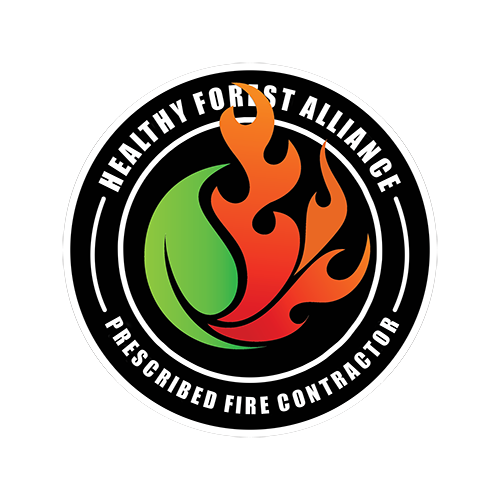
KNOWLEDGE BASE
Visit our website for helpful knowledge base articles and how-to videos. Access step-by-step solutions to common issues, maximizing your experience with our products and services.
Please Support Our Corporate Members
HELPING LANDOWNERS PROMOTE HEALTHY FORESTS USING "GOOD FIRE"
how you can help
LEARN MORE ABOUT PRESCRIBED FIRE AND HOW IT CAN BE USED TO PROMOTE HEALTHY FORESTS
FROM OUR BLOG
🔥 Small Teams, Big Impact: The Rise of Micro Prescribed Burn Associations Across California,...
“So You’ve Masticated Your Land for Fire Safety… Now What?” Across California, thousands of...
🔥 The Do’s and Don’ts of Pile Burning for Property Owners in California When used correctly, pile...

